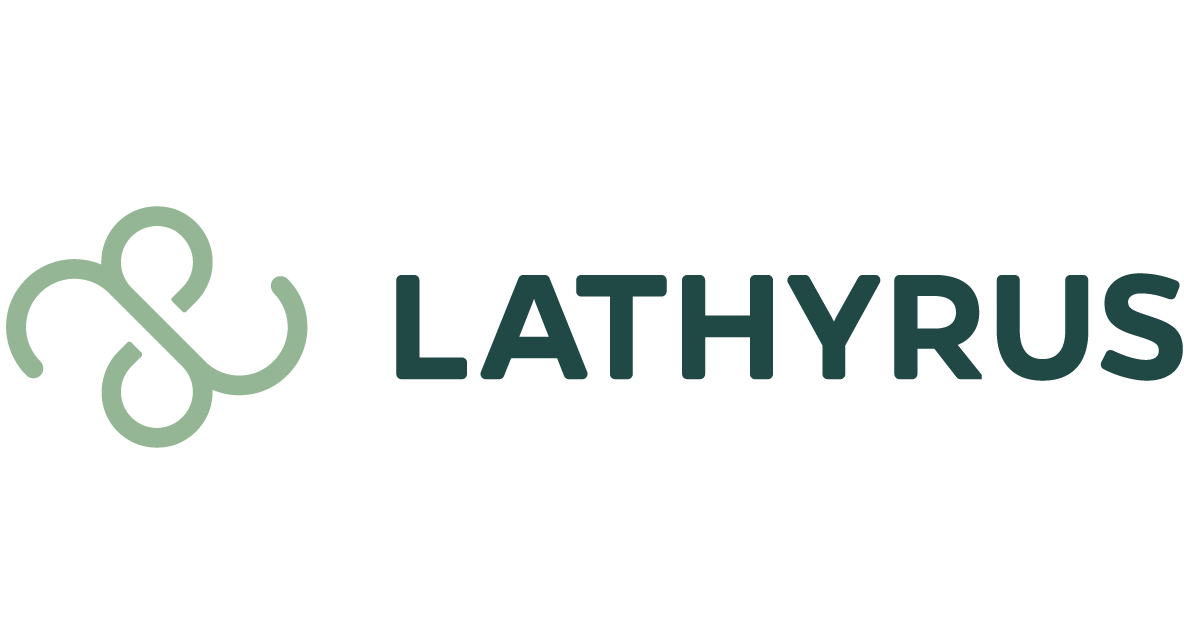If I’m so intelligent, then how can I also be so stupid? How is it that I make so many errors of judgement, have so many blind spots, and see things as I want or expect or fear them to be rather than as they are?
If Jeff Hawkins has created a theory of intelligence, I suppose we could say that Daniel Kahneman has created a theory of stupidity — a study of the way our brains make mistakes and why. What may be surprising is that the two theories are not unrelated.
In his book, Thinking, fast and slow, Kahneman distinguishes between two cognitive systems: System 1, which operates quickly and beneath our awareness, and System 2, which is slower, more intentional, and takes more energy and awareness.
Automatic thinking
Hawkins believes that the vast majority of what our brains are doing in any given moment is predicting what we will experience in the next moment and noticing any errors in those predictions. When I reach over to take a drink of water, I have an expectation of what’s in my peripheral vision, what my water bottle will feel like, what the taste of the water will be. As long as those expectations are met, I pay little or no attention to it. Using Kahneman’s terminology, all of that happens within System 1.
But if something in my periphery changed size or colour, if the water bottle felt soft instead of hard, if I tasted juice instead of water, my attention would instantly be on those sensations. Our attention, part of System 2, is pulled towards errors in expectation. This interplay between the two systems enables us to direct our attention and conserve energy while still be sensitive to changes in our environment.
Automatic errors
But System 1 makes its own errors that pass that we don’t notice. Here are a few of the cognitive shortcuts Kahneman describes:
- Stories and emotion have more impact than statistics and reason.
- Simply because they are readily accessible in memory, trivial details often overly influence our estimates and decisions.
- We underestimate the effects of chance and regression to the mean, and overestimate our own control over a situation.
- Highly sensitive to negativity and loss, we often forego gains to avoid these.
Evolutionarily and psychologically, there are likely adaptive reasons why these cognitive shortcuts occur, but rationally and objectively they are errors nonetheless — errors that can misguide us. So how can we get past them?
Daniel Kahneman, Thinking, fast and slow. Anchor Canada, 2011.
Copyright © 2023 Lynn Thorsell, All rights reserved.
Photo by Samule Sun on Unsplash
One body, a thousand brains << More Notes >> Thinking better


